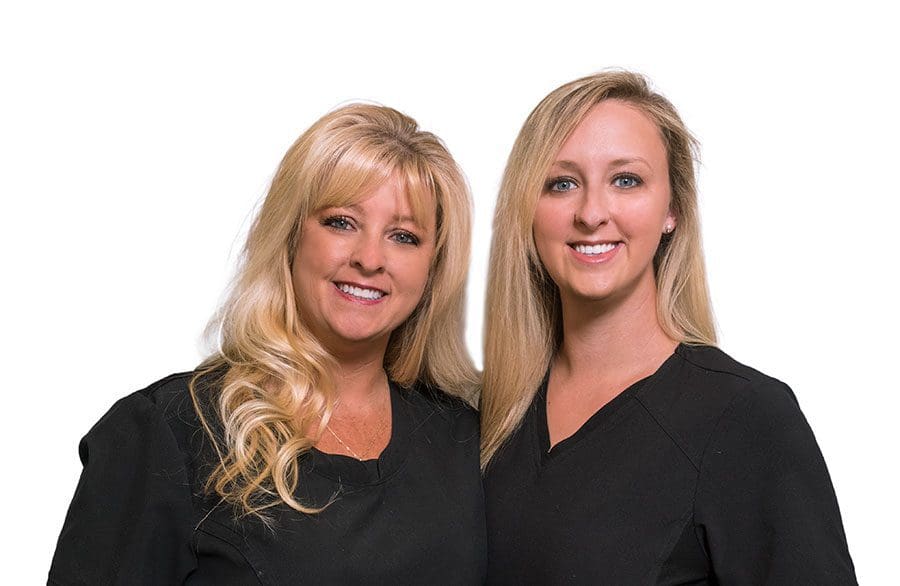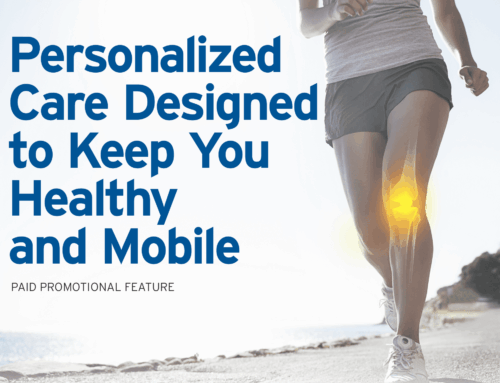August 31, 2020
Cheryl L. Pisano, DMD & Alexandria Purdy, DMD | First Impressions Dental Care

By Akers Editorial
Cheryl L. Pisano, DMD & Alexandria Purdy, DMD | First Impressions Dental Care

Q. What is periodontal disease and how serious is it?
A. Periodontal disease is an infection of the gums that causes loss of bone around teeth. If left untreated, periodontitis can lead to tooth loss. Periodontal disease can be serious and there are studies showing that it is linked to systemic diseases such as Alzheimer’s, cardiovascular disease and diabetes. There is no cure for periodontitis however, your dental team can make sure the disease is managed in order to prevent further bone loss.
Q. How often do I need to go to the dentist?
A. Twice a year is a good rule of thumb. There are certain circumstances where people should see their dentist every three months, especially if they have periodontal disease. Visiting the dentist twice a year allows us to monitor for oral cancer as well as changes in your overall health.
Q. If I have an infected tooth, why can’t I take an antibiotic to make the infection go away?
A. Antibiotics are meant to help relieve symptoms caused by the infected tooth, not cure it. Once a tooth is infected, the blood supply of that tooth has been destroyed so an antibiotic cannot get inside the tooth to heal the infection. Even if the pain goes away, the tooth will remain infected and that bacteria can travel to other areas of your body, the heart and the brain, you don’t want an oral infection to travel to those areas.
 Q. Can medications affect my teeth?
Q. Can medications affect my teeth?
A. Yes, absolutely! There are hundreds of medications that can cause dry mouth which can make a person more prone to cavities. Other medications, like some that treat high blood pressure can cause swollen gums which can make teeth more difficult to clean.
Q. Why should I pay money to save a tooth if it is cheaper to pull it?
A. Pulling out a tooth and not replacing it can lead to other problems. Once a tooth is extracted the remaining teeth have more force exerted on them making them more prone to wear or fracture. Teeth will also shift to fill the space of the tooth that is missing, meaning that your bite changes and can affect the way you chew. We try to save teeth when we can because it genuinely is better for a person’s overall health.

First Impressions Dental Care
352.364.0064
DrPisano.com



 Q. Can medications affect my teeth?
Q. Can medications affect my teeth?




